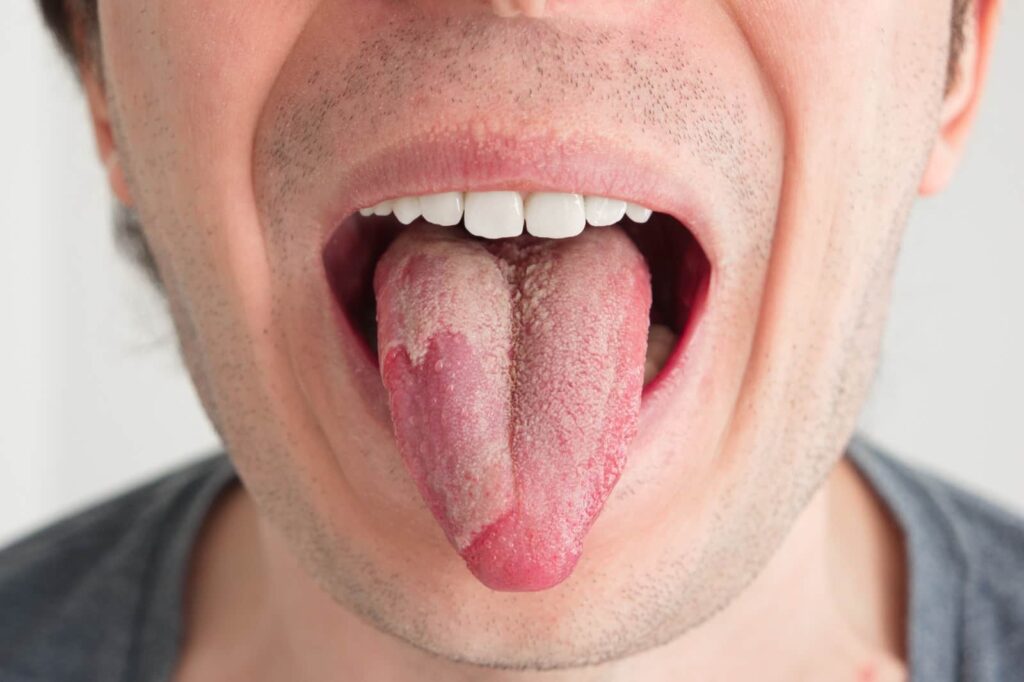Treatment and Preventive Measures for Oral Candidiasis

Oral candidiasis, also known as oral thrush, is an infectious fungal disease of the oral cavity that is caused by C. albicans. A Scottsdale cosmetic dentist says that it is an overgrowth of yeast-like fungi in the mouth and the development of white, creamy patches on the tongue, inner cheeks palate, or throat. In many cases, these patches can take on a cottage cheese-like texture and wipe away. In this article, we will discuss the treatment options and preventive measures used by dentists.
Once removed, you may see raw or inflamed tissues underneath Individuals with weakened immune systems, such as those that have HIV/AIDS, are receiving treatment for cancer or have received an organ transplant (immunosuppressed patients) and other similar individuals could be expected to present candidiasis of the oral cavity.
Treatment Options:
- Antifungal Medications: Treatment includes the use of antifungals including nystatin oral suspension, clotrimazole lozenges, or fluconazole tablets. These medications will kill the Candida fungi and help to treat those taking them.
- Oral Rinses: To control excessive fungus growth, dentists can prescribe antifungal mouth rinses with compounds like chlorhexidine or gentian violet to help with the healing process.
- Good oral hygiene: Proper measures of good oral hygiene like regular brushing, flossing, and tongue cleaning can help in avoiding as well as controlling the condition of oral thrush.
- Treat underlying conditions: It is important to treat underlying medical conditions that contribute to weakened immunity or cause dry mouth. Treatment of such causes helps prevent recurrent episodes of oral candidiasis.

Preventive Measures:
- Good oral hygiene: Brush your teeth at least twice a day and floss once daily to reduce the level of plaque, bacteria, and debris in the mouth.
- Keep hydrated: Consume enough water to avoid having a dry mouth as it’s another cause associated with thrush in the mouth.
- Reducing Sugar Intake: As sugary diets are responsible for the healthy growth of candida fungi, limiting the food with sugar will prevent fungal overgrowth around the mouth.
- Quit smoking: If you smoke, quit or take steps to reduce your risk of oral thrush if it returns.
- Controlling Underlying Conditions: Work with your healthcare professionals to control underlying medical conditions such as diabetes or HIV/AIDS, to minimize the chance of oral candidiasis.
- Get all the oral appliances checked: It is important to get your appliances checked, as ill-fitting dentures or wires from an orthodontic device may provide a host environment for fungi
Although it is usually a mild condition, oral candidiasis can be associated with discomfort and complications (susceptibility to systemic disease) in some patients who have compromised host defenses.








